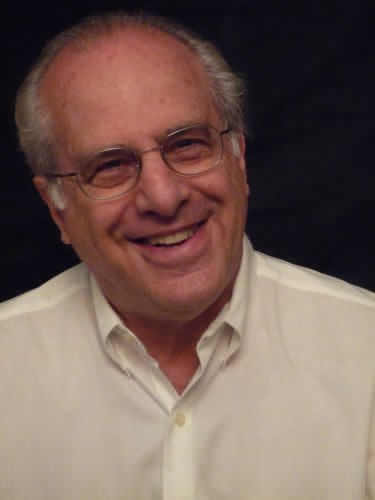Interview with noted economist, Richard D. Wolff: Part One
An professional glimpse?into the current economic crisis and deep look at the issues of capitalism itself and their possible solutions in the form of democratic cooperatives.
 Interview by:?Konstantine Roccas
Interview by:?Konstantine Roccas
Konstantine Roccas sits down with Richard D. Wolff, cconomist at New School University, to discuss a variety of topics, ranging from?the current economic crisis, economic prospects for students and young professionals in the coming years, to Neo-Classical (Austerity) and Keynesian economics. The questions lead to an overarching discussion about the systemic problem of capitalism itself and the possible solution in the form of democratic cooperatives.
KR: We are now in the 6th year of this global recession/crisis. Unemployment is at an all-time high in many European countries, while here in North America youth unemployment continues to steadily rise. All the while corporate profits have exponentially increased with little if any trickle-down to the masses.? How did we get to this point and why have both Austerity and Keynesian’ styled solutions failed to address this problem? Is the problem in the approach or is the problem more systemic than we were led to believe.
RW: The short answer is that it is a systemic problem and this problem has eluded both the conventional economic treatments that you may call mainstream or neo-classical as well as what is called the Keynesian’ approach. What most governments do, is kind of mix the neo-classical approach with the Keynesian’ or Liberal. It’s rarely an exclusive version of either but rather a mixture of both, or a compromise between the alternative schools as well as their supporters. To say it briefly, both of these approaches are designed to heal a capitalism that has plunged itself into an economic downturn.
Since its birth 200-300 years ago as the dominant economic system, capitalism has always been an unstable system; unstable in the precise sense that it suffers from a business cycle. A constantly recurring cycle of sudden breakdown distinguished by rising unemployment, mass bankruptcies of enterprises, idling of productive capacity [such as] tools, equipment, and raw materials, followed by an upswing. These cycles have never been controlled or overcome. They vary in length and severity. Some are short and shallow, while others such as the one we’re in now are deep and long lasting.
In the United States for example, every President since Roosevelt, has promised that his policies would not only get America out of the current crisis, but it would make sure that we do not face this economic scourge ever again. Every President has made this promise; none have ever delivered on it, including President Obama.
Capitalism’s instability then is endemic, it is systemic and neither Neo-Classical economics with Austerity as its hallmark has solved this problem, nor has Keynesian economics. By now, they don’t even pretend to do that. What they both now hope to do is [shorten] the economic downturn. [So it doesn’t] last as long, [and minimize] the number of people’s lives it destroys so we can get back to prosperity’ as soon as possible. Both of them have been tried in this cycle both here in the United States and Western Europe in terms of the broad economy and both approaches have failed.
Here, in the U.S., Keynesian economics, calls for the government to spend more than it [collects] in taxes as a stimulant to the economy. Starting in 2008 and every year since, the Federal Government has done what Keynesian economics has said it should do: namely, spend more money than it raises in taxes by borrowing the difference, hence the hoopla about deficits.
At the same time, it’s austerity because the leading Keynesian economists in the U.S.




























Share the post "Interview with noted economist, Richard D. Wolff: Part One"